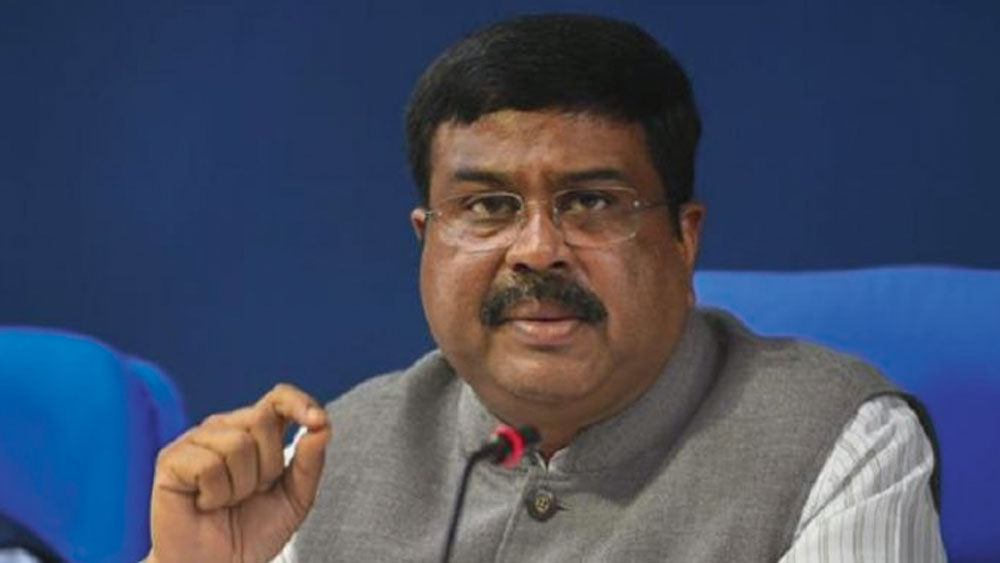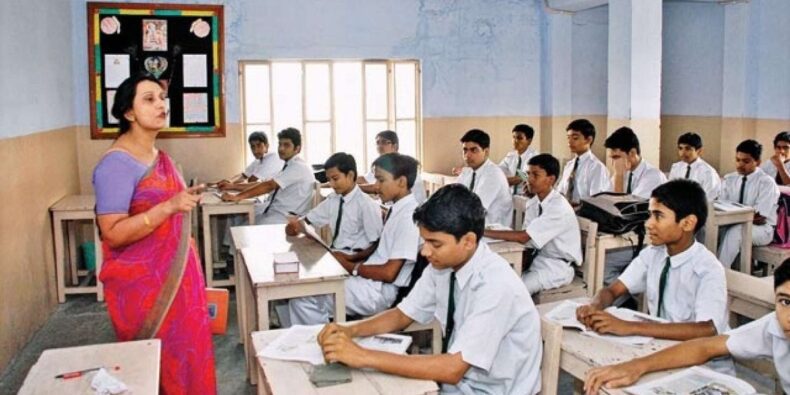The Ministry of Education (MoE) has introduced a New Curriculum Framework (NCF) recently. The Union Education Minister, Dharmendra Pradhan, has announced that students will now have two chances each year to take board exams and keep their best scores. This curriculum aligns with the National Education Policy (NEP) 2020, and new textbooks are being prepared for the 2024 academic session.
Expanded Choices and Fresh Learning Approaches-
In the updated curriculum from MoE, students in classes 11 and 12 will study two languages, with one of them being an Indian language. What’s more, students won’t be limited to the typical choices of Arts, Science, and Commerce streams for classes 11 and 12. They will have more freedom to choose based on their interests.
Transformation Beyond Academics-
These changes bring significant transformations to education. Students will explore various subjects, and there will be two board exams each year. The introduction of a semester system for classes 11 and 12 will provide a more structured learning approach. These changes go beyond academics; they also influence classroom setups, school gatherings, uniforms, languages, and culture. For instance, the NCF suggests using circular or semi-circular seating arrangements in classrooms. School gatherings will gain more importance, and students can select uniforms that fit traditional, modern, or gender-neutral styles according to local weather.
Structured Learning with the Semester System-
Classes 11 and 12 will now operate on a semester system, enhancing the learning experience. This structured approach allows students to immerse themselves in subjects more deeply. This change will not only shape academic learning but also foster life skills and holistic development.
Comprehensive Secondary Stage Curriculum-
The NCF introduces a revamped secondary stage, encompassing grades 9 to 12. This stage is now divided into four grades. Students will engage with 16 option-based courses, providing them with a well-rounded education. For instance, in the combined 11 and 12 grades, they will select two subjects from each of the eight groups, culminating in a total of 16 subjects over two years.
Semester-based Learning and Assessments-
Learning and assessments will occur within a semester-based structure. In the first year of class, 11 students will sit for exams covering eight subjects. The remaining eight subjects’ exams will be held in the subsequent year of class 12. Upon completing all 16 papers, students will be awarded their 12 certificates. This pattern will also be implemented for the 9 and 10 grade exams.
Guided by Vision and Expertise-

(Image source- Telegraph India)
Union Education Minister Dharmendra Pradhan shared insights during an interview with ANI. He highlighted the collaborative efforts of the National Curriculum Framework Oversight and NSTC Committee. Guided by Kasturirangan‘s expertise, this committee designed the curriculum to align with the new National Education Policy. After gaining government approval, the curriculum was passed on to the NCERT. The NCERT has formed two committees: the National Oversight Committee and the National Syllabus and Textbook Committee (NSTC). These committees aim to create a modern syllabus grounded in original Indian perspectives, tailored to 21st-century needs.
Pradhan emphasized the committees’ mission to create educational resources suitable for classes 3 to 12. An initial orientation meeting has already taken place. He expressed confidence that these efforts will meet global expectations for India, aligning with the Prime Minister‘s vision of an “Amrut kal” for the nation. The new textbooks are poised to meet these high standards effectively.












